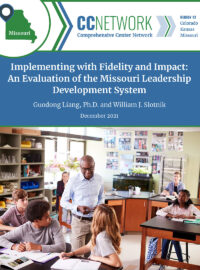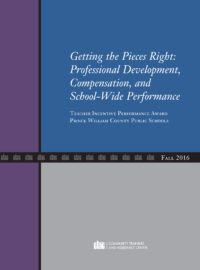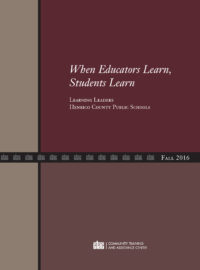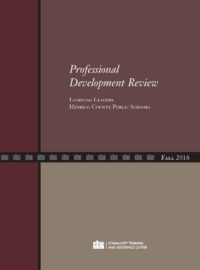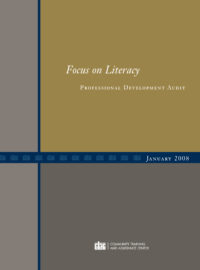The Region 12 Comprehensive Center conducted an evaluation of the Missouri Leadership Development System (MLDS) to support the Missouri Department of Elementary and Secondary Education (DESE) in learning from educators about the implementation of MLDS across the state.
For this evaluation, R12CC used a mixed-methods approach by collecting both qualitative and quantitative data, including (a) statewide surveys of MLDS principals, superintendents, and specialists; (b) survey of classroom teachers at ten schools in four districts; (c) interviews with MLDS principals, superintendents, and specialists; (d) fall 2020 participant satisfaction survey administered by DESE; and (e) a review of MLDS documents.
The evaluation focuses on MLDS implementation during the 2020–21 school year and, building on the 2019 and 2020 formative reports, gauges changes in perceptions over time. Data show that from 2018–19 to 2020–21, principals and superintendents continuously believe the program is being implemented with fidelity and effectively develops and supports school leaders. They also see a connection, through MLDS, between leadership development and student learning. The report presents key issues and provides recommendations to assist DESE in making evidence-based refinements to MLDS.

